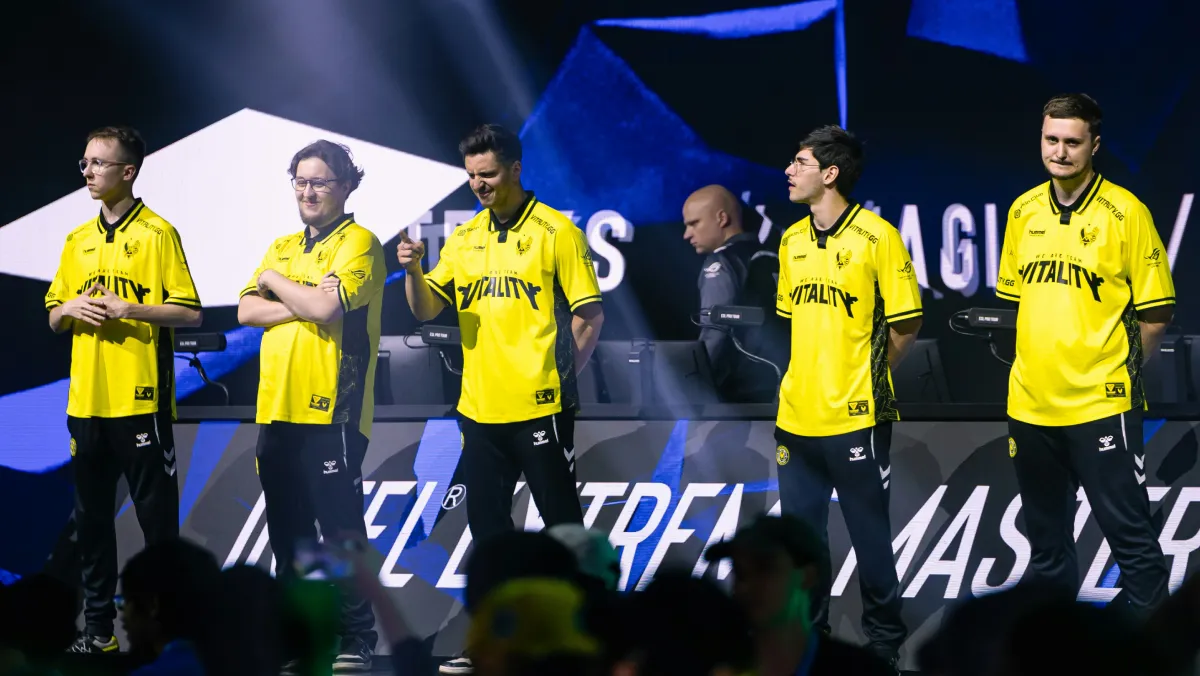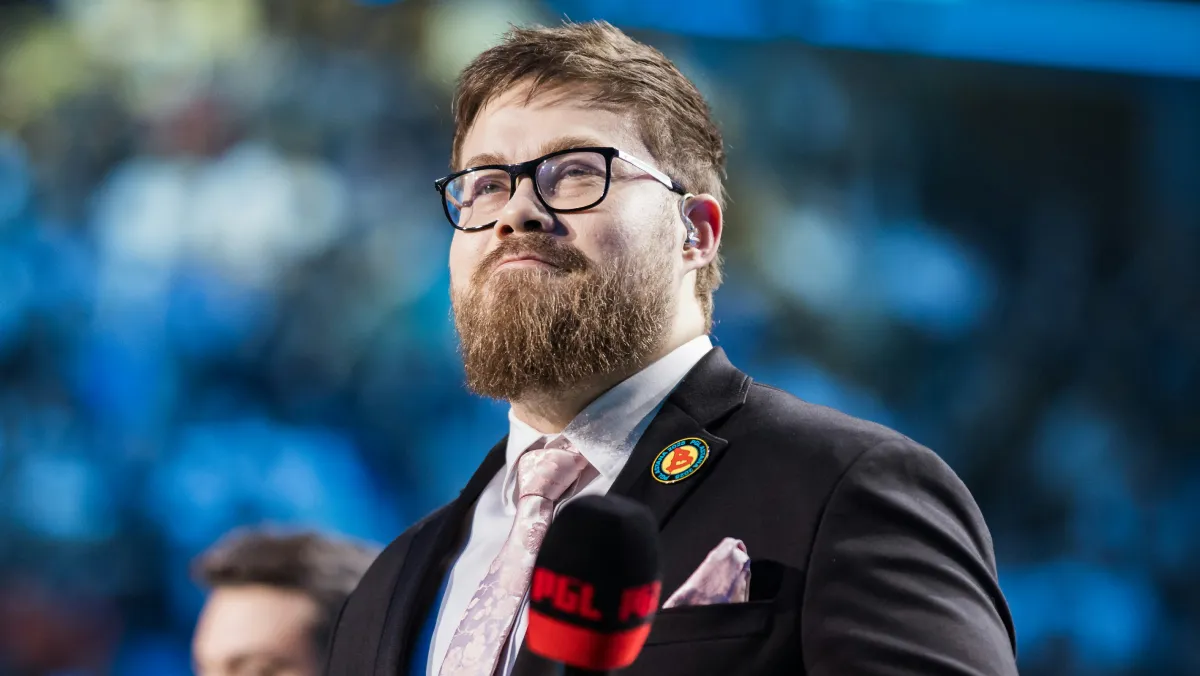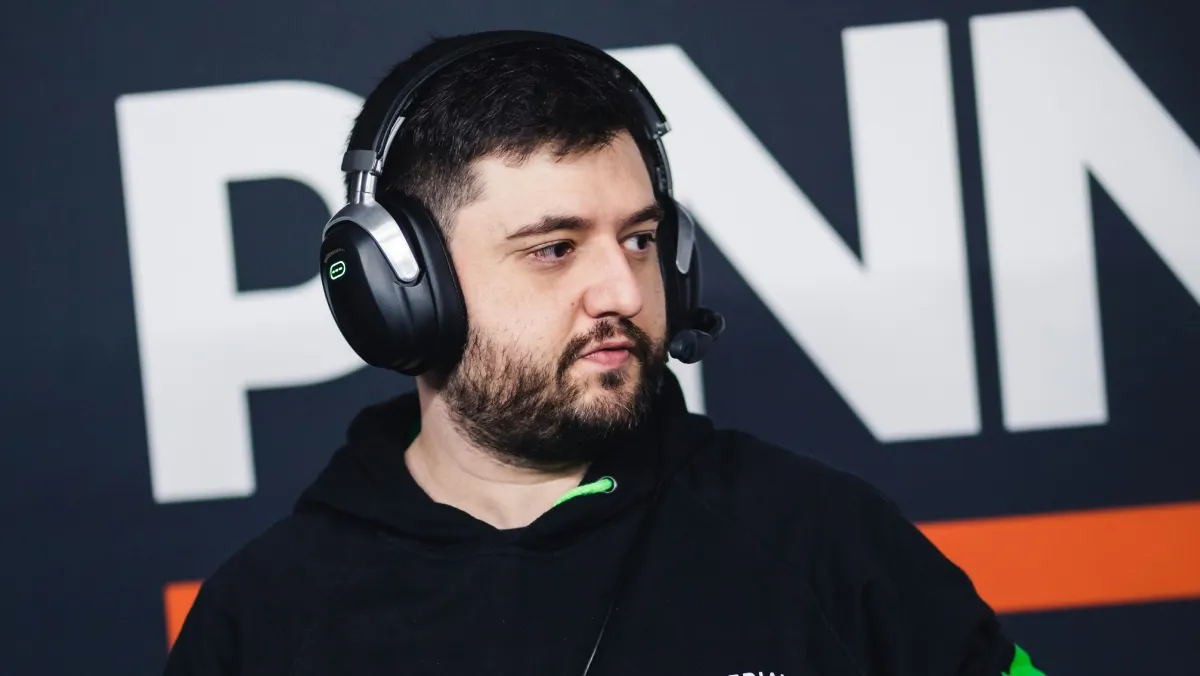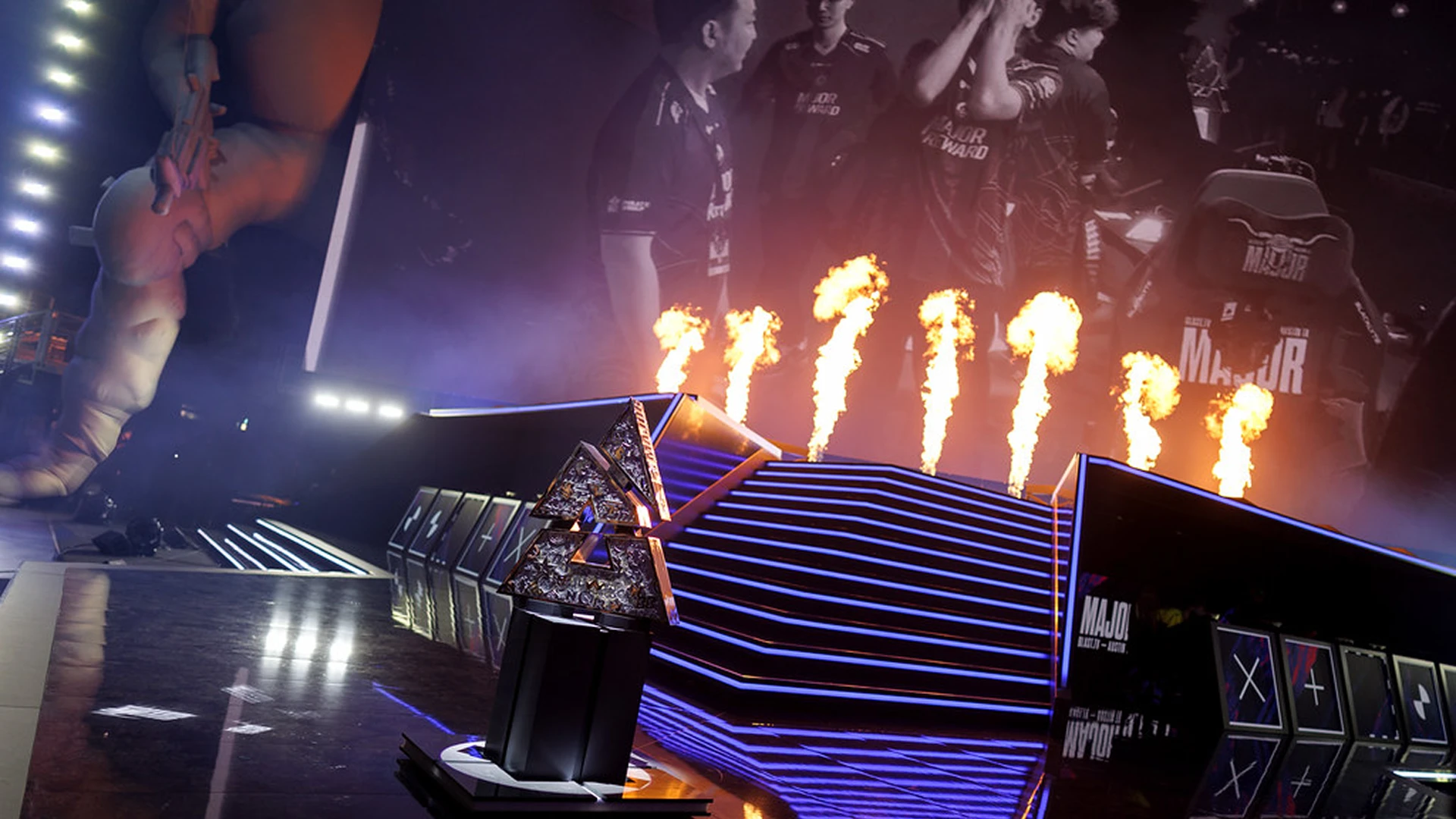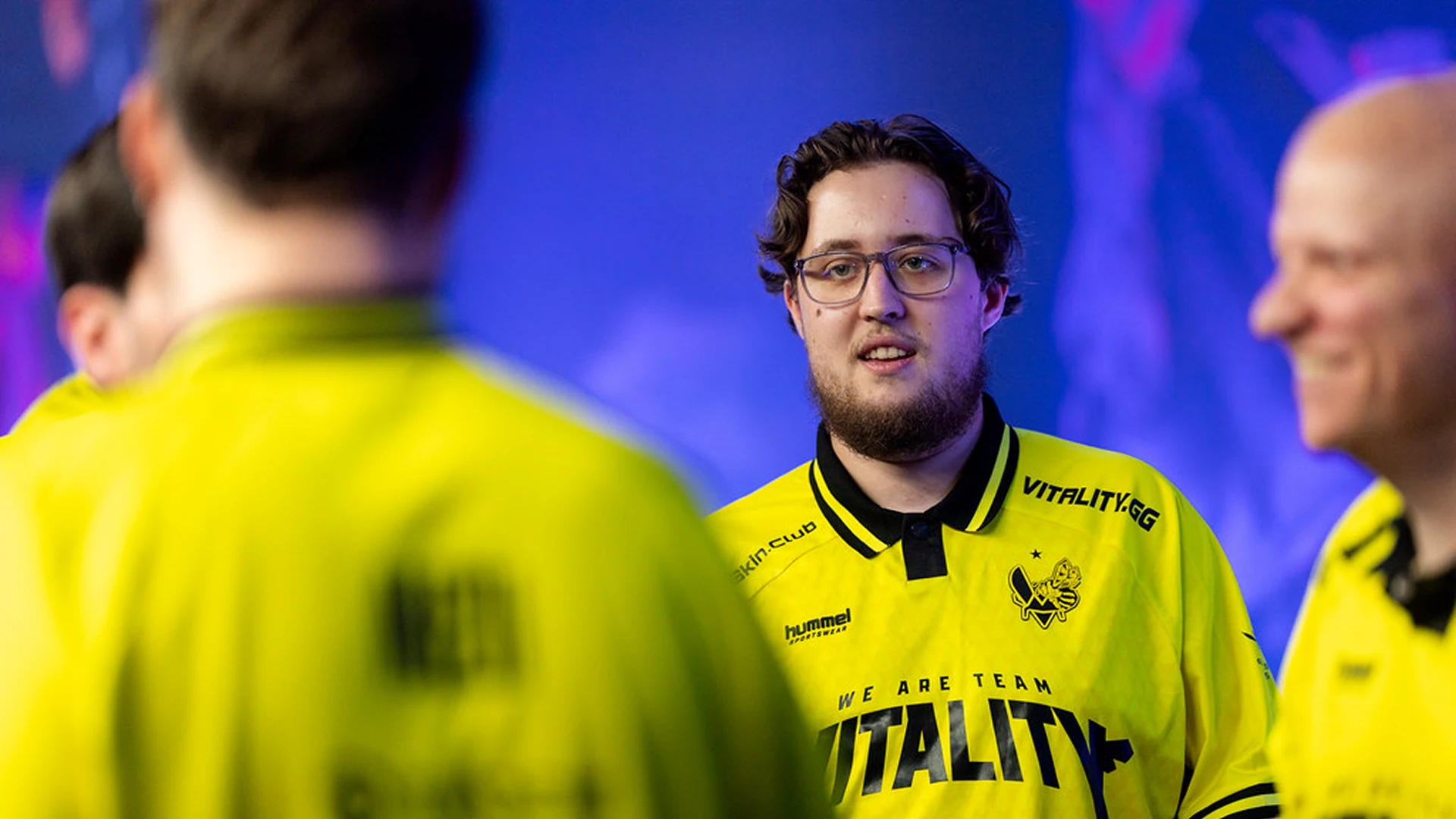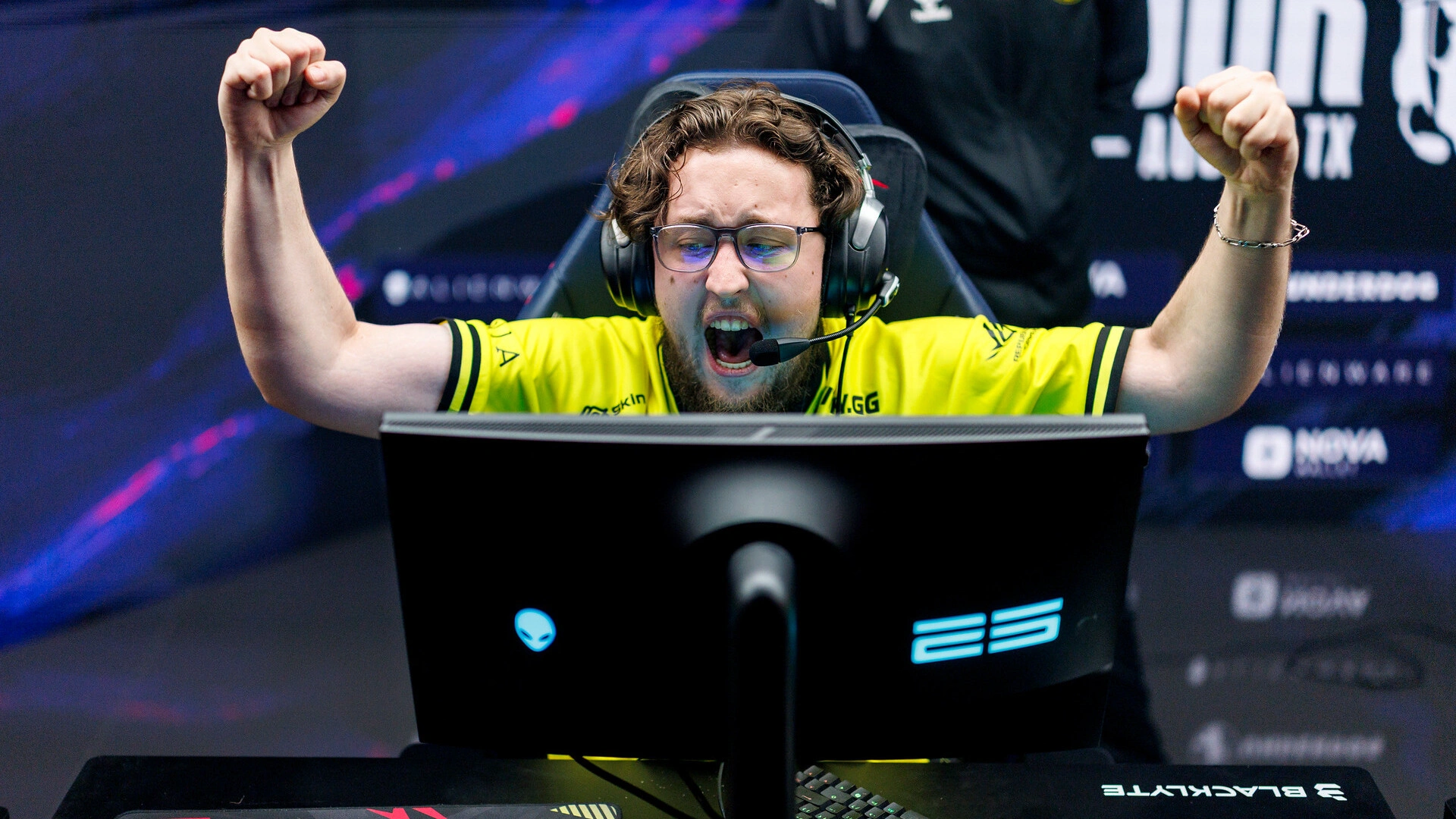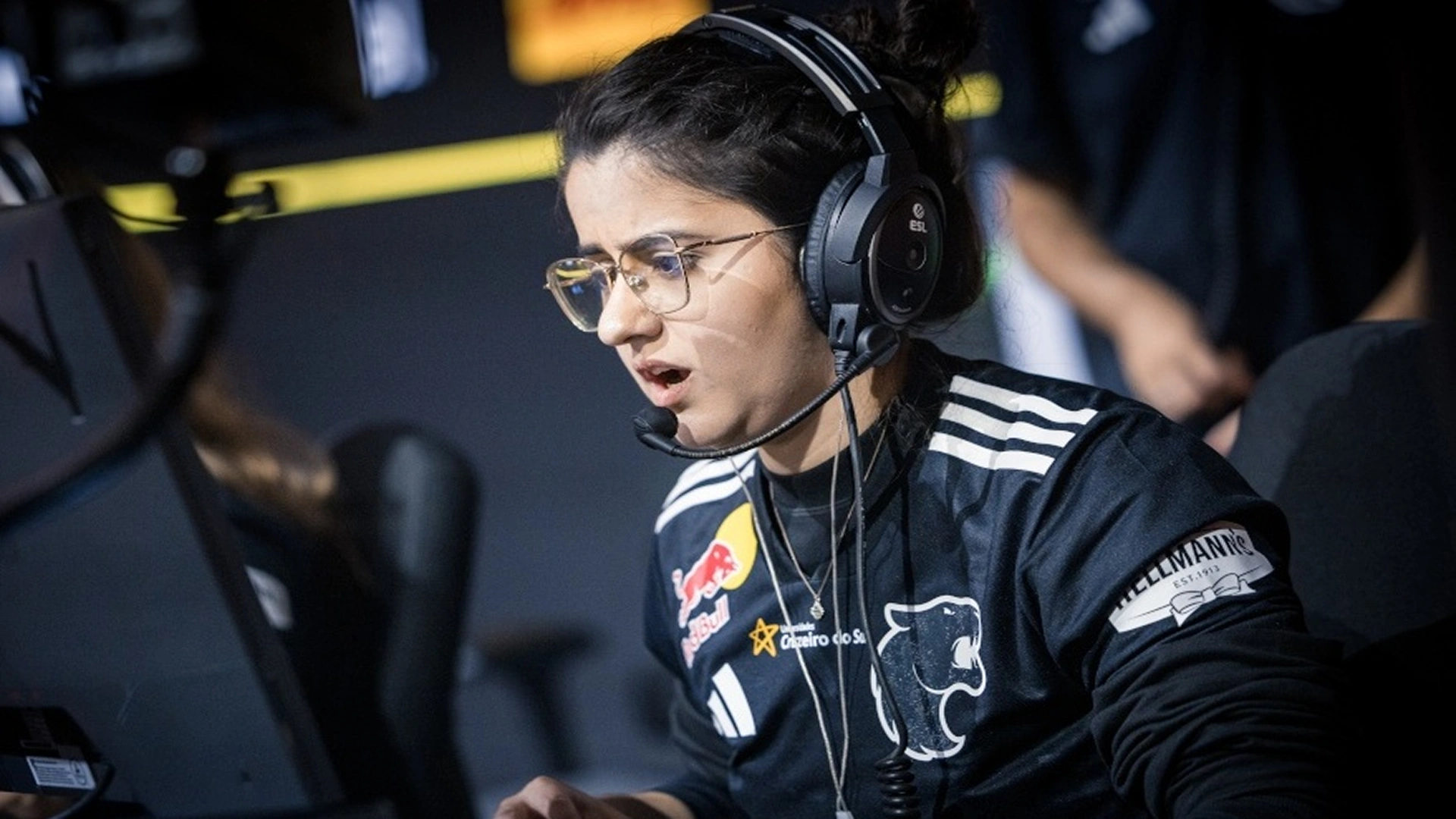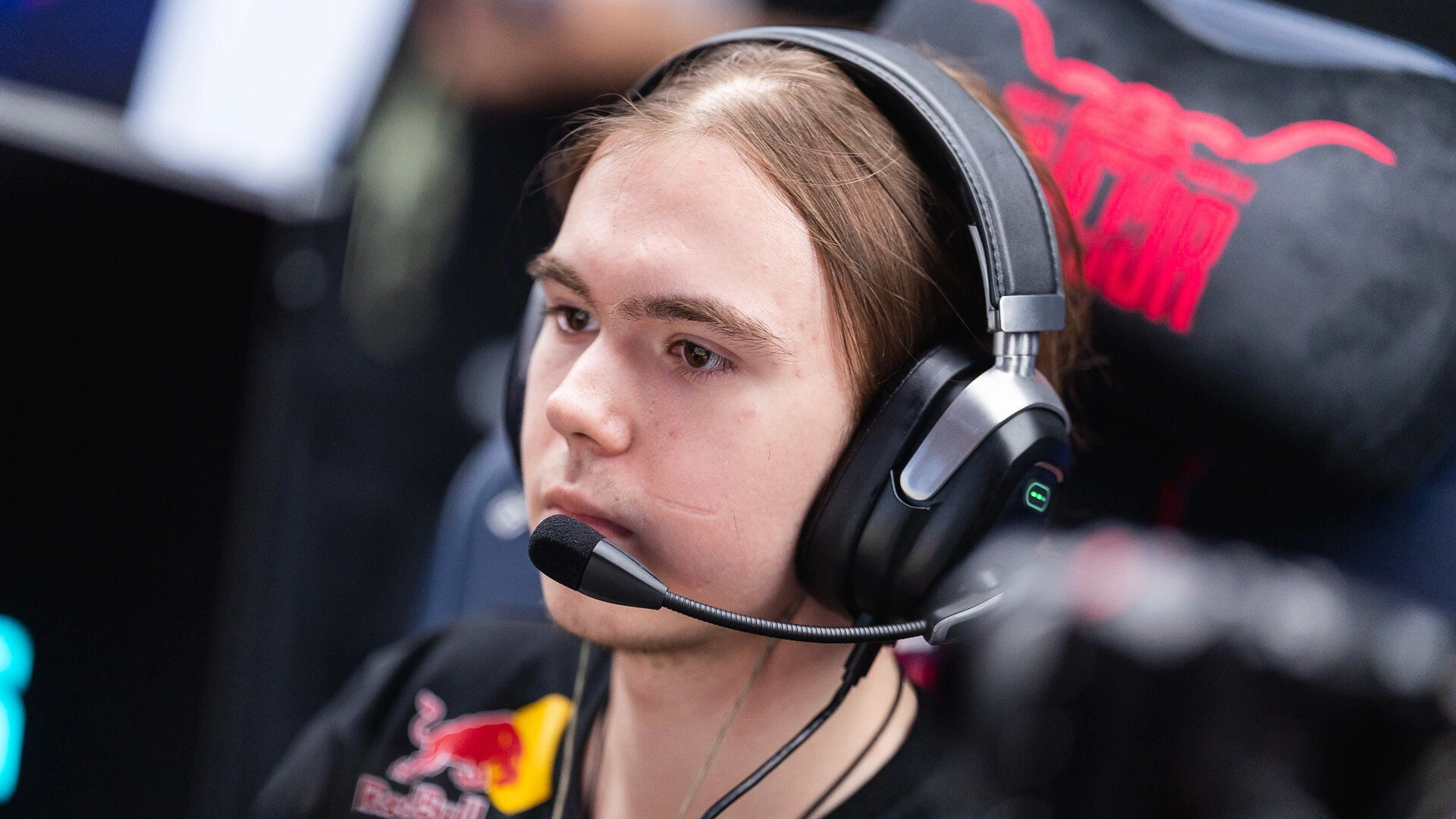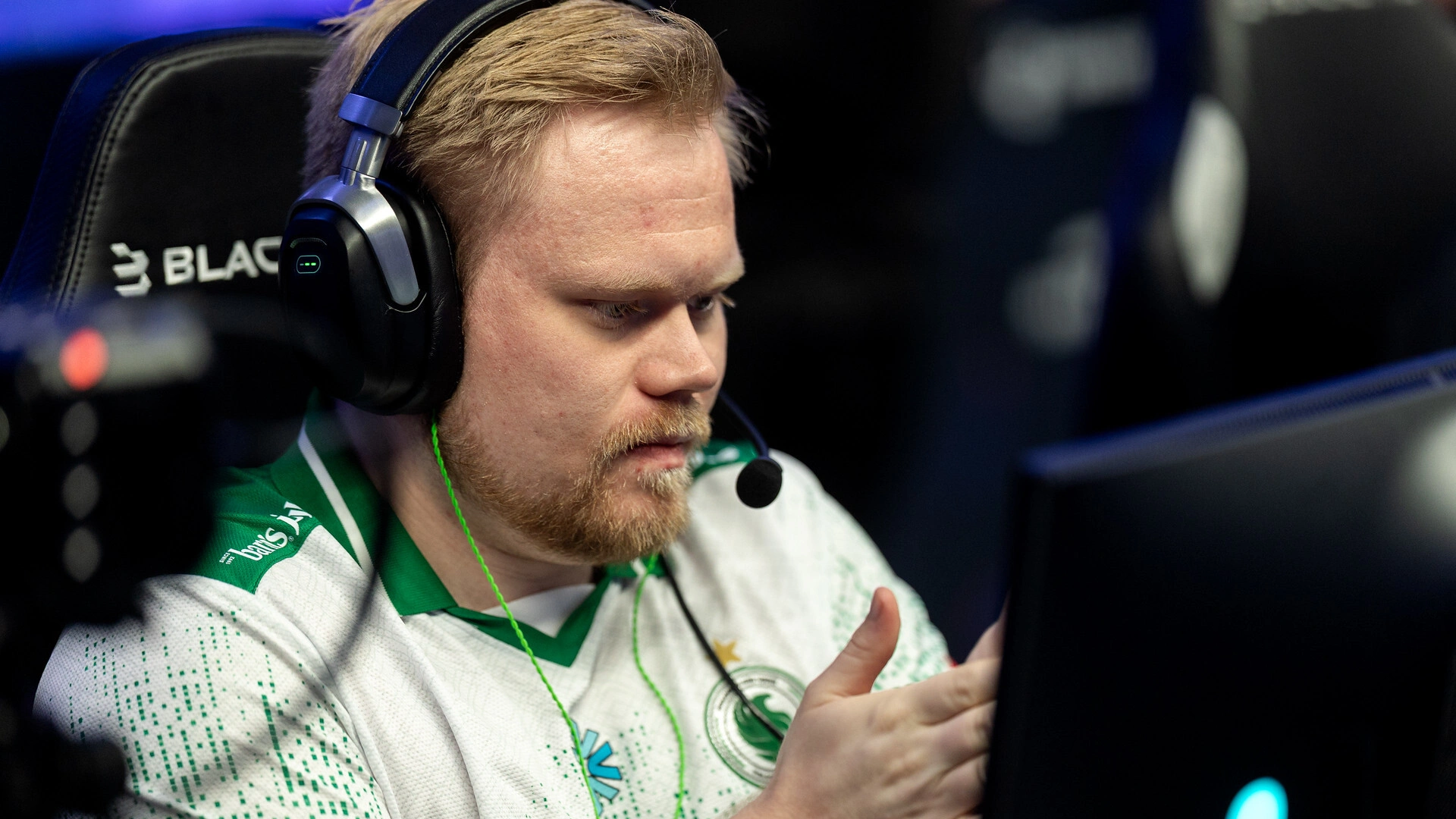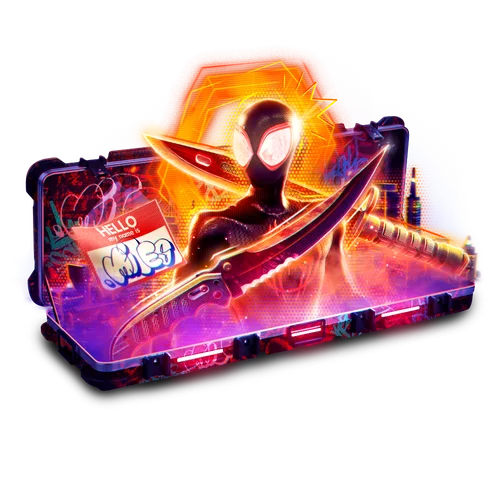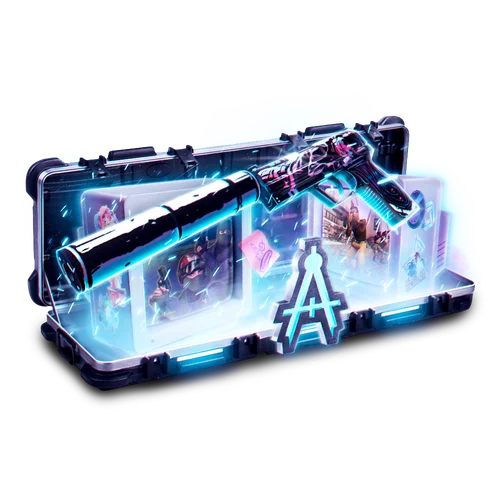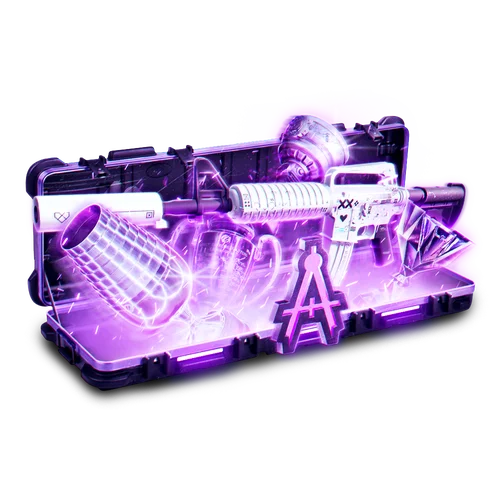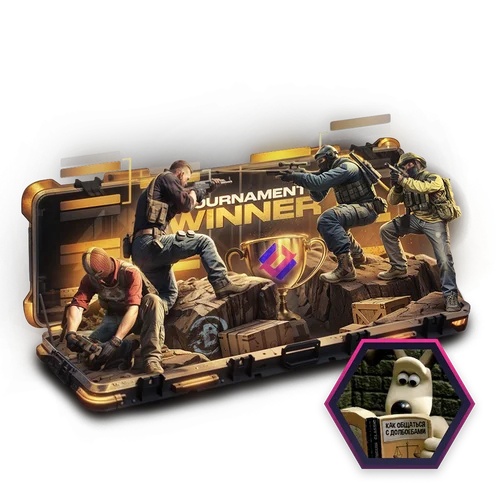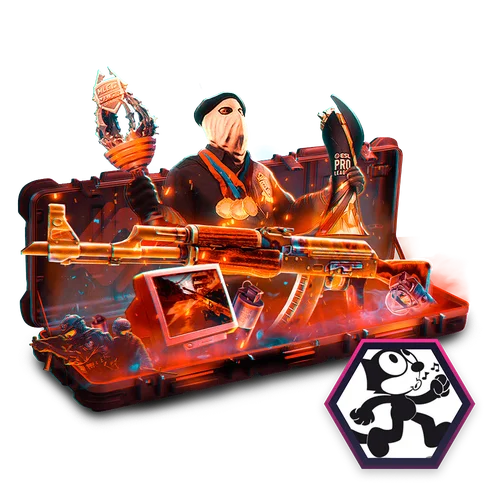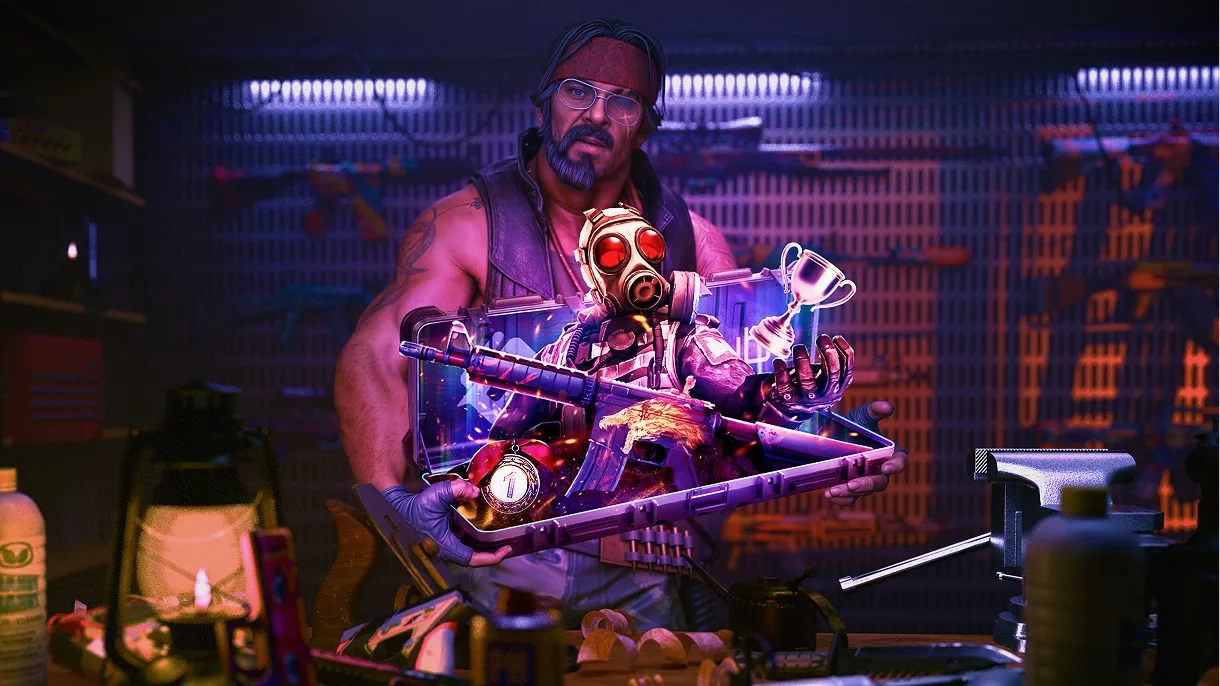Fnatic’s early elimination from the EMEA Major Ranking Qualifier (MRQ) for the CS2 Austin Major has triggered serious internal reflection. The organization had high hopes going into the qualifier, but their performance left much to be desired. Patrik “cArn” Sättermon, Chief Gaming Officer at Fnatic, addressed the situation directly.
“Last week’s exit from the CS2 Austin Major cycle was, for lack of a better word, very, very disappointing,” cArn admitted.
A Long Road of Changes and Missed Results
Fnatic has spent over two years trying to reclaim its former glory on the Counter-Strike stage. After underwhelming performances throughout 2023 — including an early exit from the BLAST.tv Paris Major RMR, a disappointing run at IEM Cologne 2023, and lackluster showings in ESL Pro League — the organization initiated a major rebuild. Key players such as mezii, roeJ, and dexter departed during the off-season, replaced by bodyy, MATYS, and kyuubii.
However, 2024 did not bring the turnaround the team had hoped for. Fnatic once again failed to qualify for the PGL Major Copenhagen, fell short in the RMR stage, and struggled at events like the Thunderpick World Championship and CCT Online Finals, where they couldn’t even reach the semifinals. Despite roster and coaching staff changes, the team lacked cohesion and a clear in-game identity.
The signing of Jambo, a highly talented and promising AWPer, was intended to be the centerpiece of a new era for Fnatic. The Austin Major 2025 MRQ was seen as the team’s first real test — but it ended in yet another disappointment, cementing the fact that the rebuild is far from complete.
A Roster Built with Ambition
Leading up to the MRQ, Fnatic made several roster changes across recent off-seasons. Most notably, the team signed Jambo, a highly promising AWPer touted for his potential to become a future star. With these improvements, the organization hoped to secure one of the six coveted EMEA slots for the Major.
“The CS we eventually played, when it really mattered, was simply not good enough – in fact, very far from it.”
Despite the strategic rebuild, Fnatic failed to meet expectations when it mattered most.
A Call for Introspection
In light of the disappointing result, cArn emphasized the need to reevaluate the team’s entire approach — not just the players, but also the staff, philosophy, and long-term direction.
“We now have to ask ourselves the bigger questions: how do we move forward from here? What does our roster and staff structure look like going into the next Major cycle?”
This statement strongly suggests that internal changes may be imminent, with the organization exploring how to reshape its structure for future success.
Focus Shifts to VRS Points and Online Events
While major tournament hopes are now on pause, Fnatic remains active in the competitive landscape. The team will turn its focus toward securing VRS (Valve Regional Standings) points in upcoming online events — a key metric for future invitations and seeding.
“All while doing everything we can to fight for important VRS points in the online events we’ve lined up near term.”
The Road Ahead for a Storied Organization
Fnatic is one of the most iconic names in Counter-Strike history. Yet in the CS2 era, even legacy brands must evolve. Whether this moment signals the start of a full rebuild or simply a strategic adjustment remains to be seen — but the message is clear: change is coming.
































